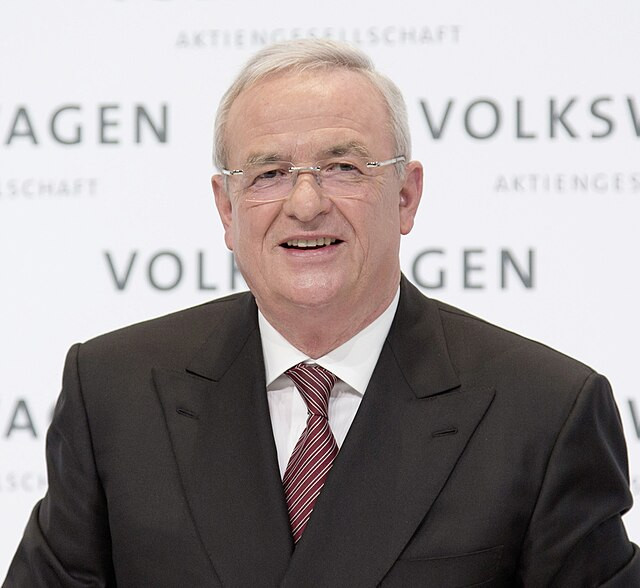Martin Winterkorn, the former CEO of Volkswagen Group, faced trial Tuesday on serious charges related to the company's massive emissions scandal, commonly referred to as Dieselgate. Winterkorn, 77, is accused of fraud, market manipulation, and making false statements in connection with Volkswagen's use of rigged software that allowed millions of diesel vehicles to cheat on emissions tests. The trial marks a significant development in a scandal that has had profound repercussions for the automotive industry and Volkswagen's global operations.
Prosecutors allege that Winterkorn was aware of the illegal software designed to evade emissions regulations well before the U.S. Environmental Protection Agency (EPA) publicly disclosed the violation in September 2015. According to the indictment, Winterkorn knew about the software by May 2014 at the latest. Despite this knowledge, the prosecution claims he failed to act to halt the sale of affected vehicles, leading to substantial environmental and financial damage.
Winterkorn's legal team, led by attorney Felix Doerr, vehemently denies these allegations. Doerr asserted ahead of the trial that "our client definitively rejects the accusations brought against him." He argued that Winterkorn's role as CEO does not necessarily make him responsible for every aspect of the scandal. Winterkorn has previously testified during civil proceedings that he only became aware of the illegal practices shortly before the EPA's announcement, a stance that remains central to his defense.
The Dieselgate scandal erupted in 2015 when it was revealed that Volkswagen had installed defeat devices in its diesel engines to manipulate emissions test results. This software enabled the vehicles to pass emissions tests while emitting nitrogen oxides at levels far exceeding legal limits during regular driving. Nitrogen oxides contribute to air pollution and can exacerbate respiratory issues such as asthma.
The scandal had far-reaching consequences for Volkswagen. The company has paid over €31 billion ($34 billion) in fines and settlements, and the scandal has significantly impacted the diesel car market. Once a popular choice for its fuel efficiency, diesel vehicles saw a steep decline in sales in Europe as a result of the revelations.
Winterkorn faces three main charges: defrauding customers by selling vehicles with illegal software, manipulating the stock market by withholding crucial information from investors, and making false statements before a parliamentary inquiry in 2017. If convicted, he could face up to 10 years in prison. The trial is expected to be lengthy and complex, with sessions scheduled through September 2025. The indictment alone spans 692 pages, and the case file includes 75,000 pages of supporting documents.
Prosecutors have detailed that the defeat devices were in Volkswagen vehicles as early as 2006, and they allege that Winterkorn continued to allow their use even after becoming aware of the issue. The impact of this decision was substantial, with over 65,000 vehicles affected, resulting in damages estimated around €1.3 billion ($1.4 billion), according to the prosecution.





